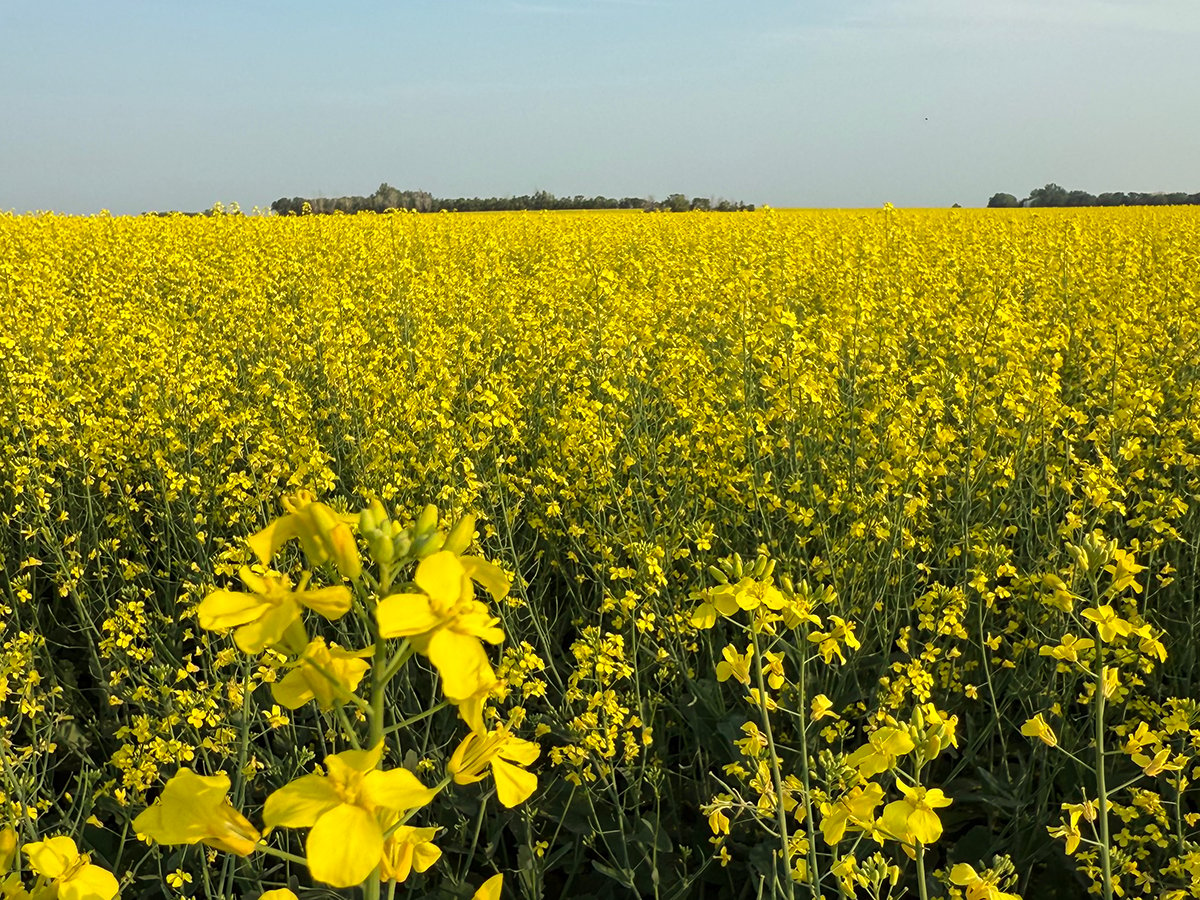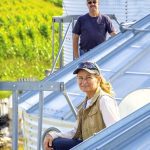It was nip and tuck but a group of Saskatchewan organic farmers managed to fulfil its 2002 New Year’s resolution to launch a class action suit against the developers of genetically modified crops.
A few days before 2002 came to an end, 950 certified organic farmers filed documents with Saskatoon’s Court of Queen’s Bench to have their case against Monsanto and Aventis certified as a class action lawsuit.
The farmers are claiming that genetically modified canola contaminated their organic crops, causing an estimated $14 million in damages. They are also seeking an injunction against the introduction of GM wheat.
Read Also

Canola support gets mixed response
A series of canola industry support measures announced by the federal government are being met with mixed reviews.
They announced their intention to sue on Jan. 10, 2002, but legal wrangling prevented the case from making headway. The delay was caused when the two chemical companies named in the suit balked at a judge’s order to provide statements of defence in advance of the class certification hearing.
Monsanto and Aventis appealed that decision and won, meaning they will not have to provide statements of defence until a trial judge has determined whether or not the case will proceed as a class action suit.
With that side issue out of the way, the organic farmers got the ball rolling on the main case. On Dec. 20, they filed evidence supporting their claims, said Terry Zakreski, legal counsel for the farmers.
“It’s the first big step that we’ve had to take.”
Zakreski recently represented Bruno, Sask., farmer Percy Schmeiser in a patent case launched by Monsanto – a case that Schmeiser lost.
He said the two suits are similar in that they both pit farmers against chemical companies, but there is a major difference in terms of the legal issue at stake.
In the Schmeiser case, Monsanto took action against a farmer for patent infringement. In the case funded by the Saskatchewan Organic Directorate, farmers are suing the chemical companies for contamination of their crops. The first was a patent infringement suit, the second is a liability issue.
Ironically, Zakreski feels Schmeiser’s legal failure could be helpful in the organic suit. By deciding that Schmeiser infringed on Monsanto’s patent the courts are saying that chemical companies own the herbicide-tolerant genes they created.
“With ownership follows responsibility,” said Zakreski.
“If you claim you own the gene regardless of where it ends up because of your patent, then we claim you’re responsible for any damages it causes.”
Derrick Rozdeba of Bayer, which bought Aventis, said his company doesn’t comment on matters before the courts. A Monsanto spokesperson did not return phone calls.
A consultant working on behalf of the plaintiffs has computed an economic estimate of the impact of GM contamination on organic crops.
Wally Hamm of darWall Consultants Inc. says the losses due to the introduction of GM canola amount to $14 million. If GM wheat is introduced, organic producers could lose a further $85 million in sales to the European Union over the next decade.
Dale Beaudoin, one of two representative plaintiffs named in the lawsuit, filed an affidavit stating his 1999 canola crop was refused by a European buyer after it tested positive for GM content. He doesn’t want the same thing to happen to wheat, which is his principal crop.
“I do not believe I will be able to survive not being able to grow wheat organically should GMO wheat contaminate the environment to the extent of GMO canola,” said Beaudoin.















